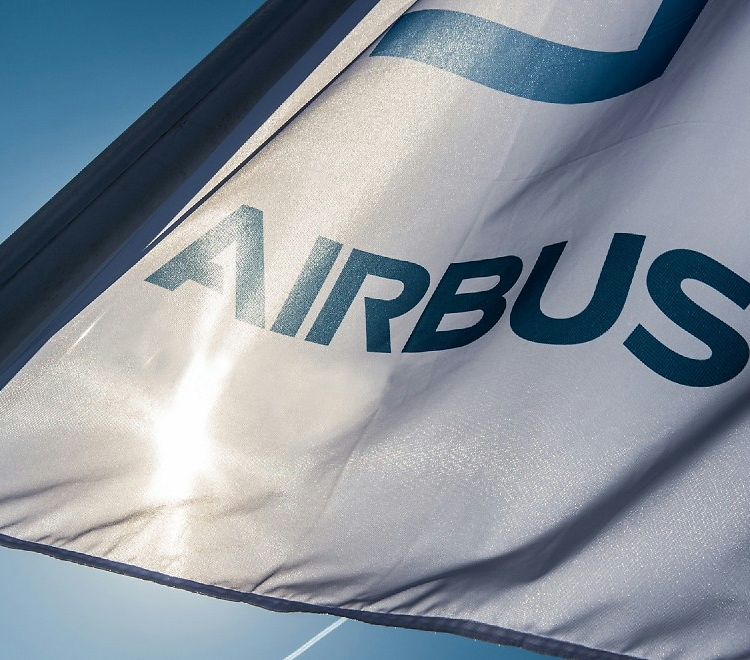Airbus has expanded the scope of its Environmental Report published every two years, to include social and economic issues for the first time.
Airbus believes that a key element of its success is to listen and respond to a wide range of stakeholders' environmental, social and economic expectations. The Report describes Airbus' position on key issues addressed by the air transport industry, including efforts to minimize environmental impact whilst balancing an increased demand for air travel.
One such example is the Site and Product Environmental Management System that enables Airbus to identify and control the most significant environmental impacts throughout an aircraft's entire life cycle.
Other examples include, sustained research and development to make the most efficient aircraft possible such as the A380, as well as commitments to the Advisory Council for Aeronautics Research in Europe (ACARE) vision which seeks to halve aircraft fuel consumption and carbon dioxide emissions by 2020. These efforts also include measures to reduce company-wide emissions and resource consumption and to make employee training a priority.
The Report provides a platform to encourage open dialogue between Airbus and its stakeholders, and increase transparency by presenting Airbus' environmental, social and economic achievements. The Report highlights that whilst technology remains key to addressing long-term challenges, the solution lies with stakeholders partnerships in addressing the issues.
Reporting of Airbus' Environmental, Social and Economic Report is based on criteria recommended by the Global Reporting Initiative (GRI) and has been verified by external auditors.
Airbus is an EADS company.
Note to editors:
The following is a direct link to the report: www.airbus.com/en/corporate/ethics/environment/
Airbus believes that a key element of its success is to listen and respond to a wide range of stakeholders' environmental, social and economic expectations. The Report describes Airbus' position on key issues addressed by the air transport industry, including efforts to minimize environmental impact whilst balancing an increased demand for air travel.
One such example is the Site and Product Environmental Management System that enables Airbus to identify and control the most significant environmental impacts throughout an aircraft's entire life cycle.
Other examples include, sustained research and development to make the most efficient aircraft possible such as the A380, as well as commitments to the Advisory Council for Aeronautics Research in Europe (ACARE) vision which seeks to halve aircraft fuel consumption and carbon dioxide emissions by 2020. These efforts also include measures to reduce company-wide emissions and resource consumption and to make employee training a priority.
The Report provides a platform to encourage open dialogue between Airbus and its stakeholders, and increase transparency by presenting Airbus' environmental, social and economic achievements. The Report highlights that whilst technology remains key to addressing long-term challenges, the solution lies with stakeholders partnerships in addressing the issues.
Reporting of Airbus' Environmental, Social and Economic Report is based on criteria recommended by the Global Reporting Initiative (GRI) and has been verified by external auditors.
Airbus is an EADS company.
Note to editors:
The following is a direct link to the report: www.airbus.com/en/corporate/ethics/environment/
